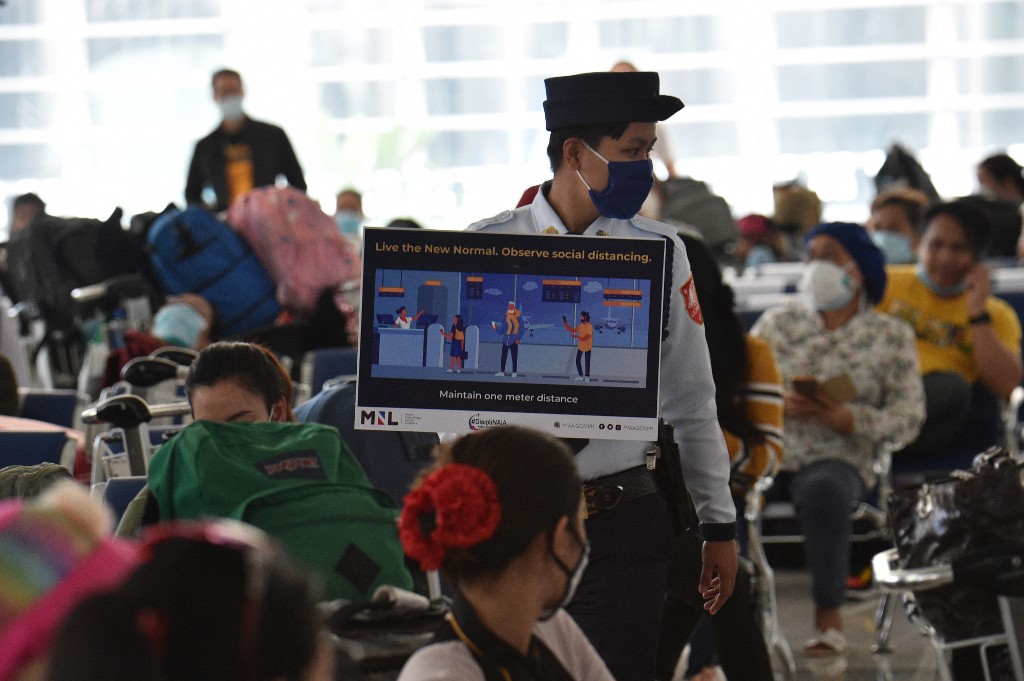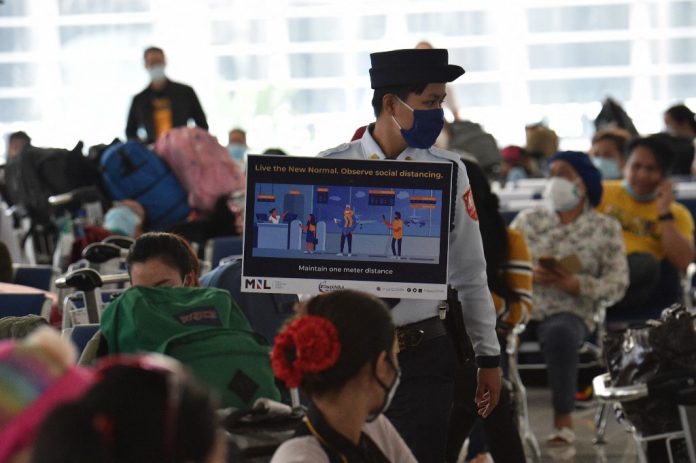DUBAI: Remittances from overseas Filipino workers (OFWs) in the Gulf region will remain depressed until 2022 as the financial impact of the coronavirus pandemic lingers.
Recruitment consultant Manuel Geslani said remittances would – at best – grow by two percent as workers’ deployment is countervailed by the repatriation of workers from crucial Filipino labor centers such as Saudi Arabia, the UAE, Kuwait, Bahrain, Qatar and Oman, where the majority of OFWs were deployed in 2018-2019.
“More than 400,000 domestic workers were sent to the Middle East, representing 70 percent of new hires in both years,” Geslani said, in a report from business daily BusinessMirror.
Remittances from overseas Filipino workers slipped 0.8 percent to $29.903 billion in 2020 from the $30.133 billion registered in 2019 as money sent from Saudi Arabia, the UAE and Kuwait went down.
There has been an exodus of expatriate workers from Gulf countries with the economic fallout from COVID-19, although credit ratings agency Standard & Poor’s in a report expects foreign workers to return as the economic cycle recovers.
Emerging countries including the Philippines are heavily reliant on money sent from abroad to support domestic consumption and the countercyclical nature of remittances, wherein migrant workers tend to remit more amounts to their families in times of crises, have cushioned the economic impact of the pandemic.
Half-a-million OFWs were displaced from work last year, with close to 380,000 repatriated to the country and another 100,000 more expected to arrive this year, Geslani said.
“The remaining 80,000 to 100,000 out-of-work OFWs have decided to remain in their jobs sites buoyed by unemployment insurance which expects to last a few more months of 2021.”
Latest figures from the Philippine government’s migrant welfare agency put the number of repatriated OFWs to 449,568 individuals thus far.
The Economist Intelligence Unit earlier said that the growth in remittances of emerging economies such as the Philippines remains vulnerable, as labor-hosting countries were similarly affected by the pandemic.
“The fall in remittances, and their expected continued decline in 2021, present significant challenges for these countries – particularly if their reliance on remittances grows in the immediate term,” said the report.
“This places these countries at increased risk of experiencing financial crises that would only prolong their post-pandemic recovery. If one emerging economy experiences such a crisis, financial contagion could ensue and destabilize other developing countries.”

Philippines repatriates over 300,000 OFWs since onset of COVID-19 outbreak Over 1m Filipino overseas workers set to lose jobs

